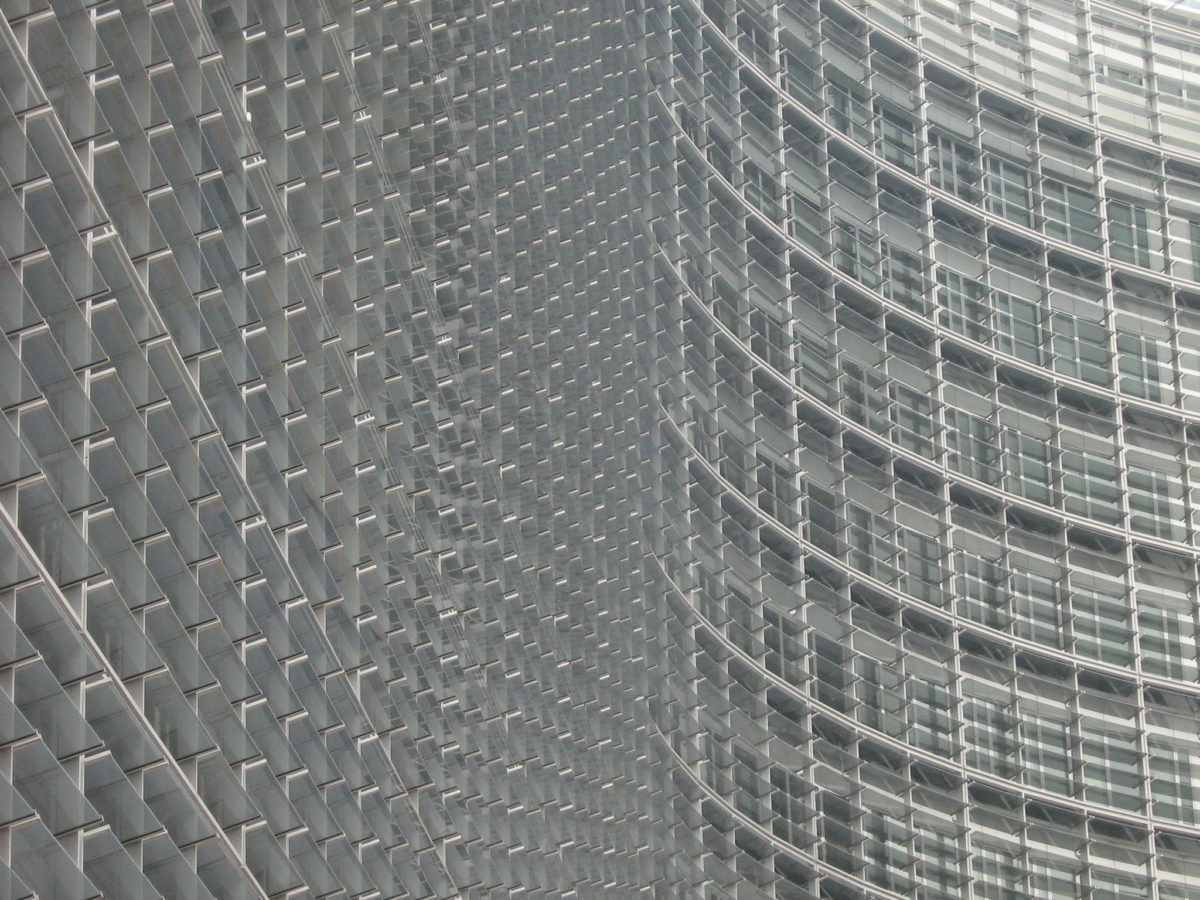From pv magazine Global
Trade body SolarPower Europe this afternoon welcomed a European Commission proposal to mandate all new buildings in the bloc be zero-emission structures from 2030, and said the measure, if approved, would “mainstream the installation of on-site solar and [energy] storage in building renovations.”
The commission today proposed new buildings achieve zero-emission status by having low energy consumption, being powered by renewables where possible, generating no on-site fossil fuel emissions, and spelling out their anticipated whole life-cycle emissions in a new, clearer energy performance certificate.
The proposal, which will now pass to the European Parliament and the Council of Ministers consisting of EU member state representatives for consideration, also suggested new public sector buildings meet the same requirements from 2027. The draft policy was presented as part of a recast, second version of the EU’s Energy Performance of Buildings Directive (EPBD).
Miguel Herrero, senior policy advisor at SolarPower Europe, this afternoon told pv magazine: “SolarPower Europe has long called for the revision of the Energy Performance of Buildings Directive to accelerate the decarbonisation of existing buildings with on-site solar and storage. We’re thrilled to see this recast EPBD extend its scope to include the reduction of emissions from buildings, beyond simply improving their energy performance.”
He added: “Today’s proposal for EPDB II is set to mainstream the installation of on-site solar and storage in building renovations.”
Asked whether the commission’s suggestions were likely to survive possible pushback from member states, Herrero said: “As with all commission proposals, we will have to see how negotiations evolve in the European Parliament and council, but we know that in 2020 the parliament already indicated its strong support for the renovation wave and maximising the energy efficiency of all existing buildings.
“And if you look at what is already happening in France, Germany, and Portugal, with announcements of new legislation for solar on buildings, we can see a growing wave of realisation that solar technology can and must empower Europe to rapidly decarbonise the continent’s buildings.”
This content is protected by copyright and may not be reused. If you want to cooperate with us and would like to reuse some of our content, please contact: editors@pv-magazine.com.









By submitting this form you agree to pv magazine using your data for the purposes of publishing your comment.
Your personal data will only be disclosed or otherwise transmitted to third parties for the purposes of spam filtering or if this is necessary for technical maintenance of the website. Any other transfer to third parties will not take place unless this is justified on the basis of applicable data protection regulations or if pv magazine is legally obliged to do so.
You may revoke this consent at any time with effect for the future, in which case your personal data will be deleted immediately. Otherwise, your data will be deleted if pv magazine has processed your request or the purpose of data storage is fulfilled.
Further information on data privacy can be found in our Data Protection Policy.